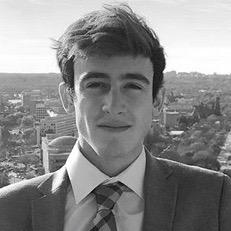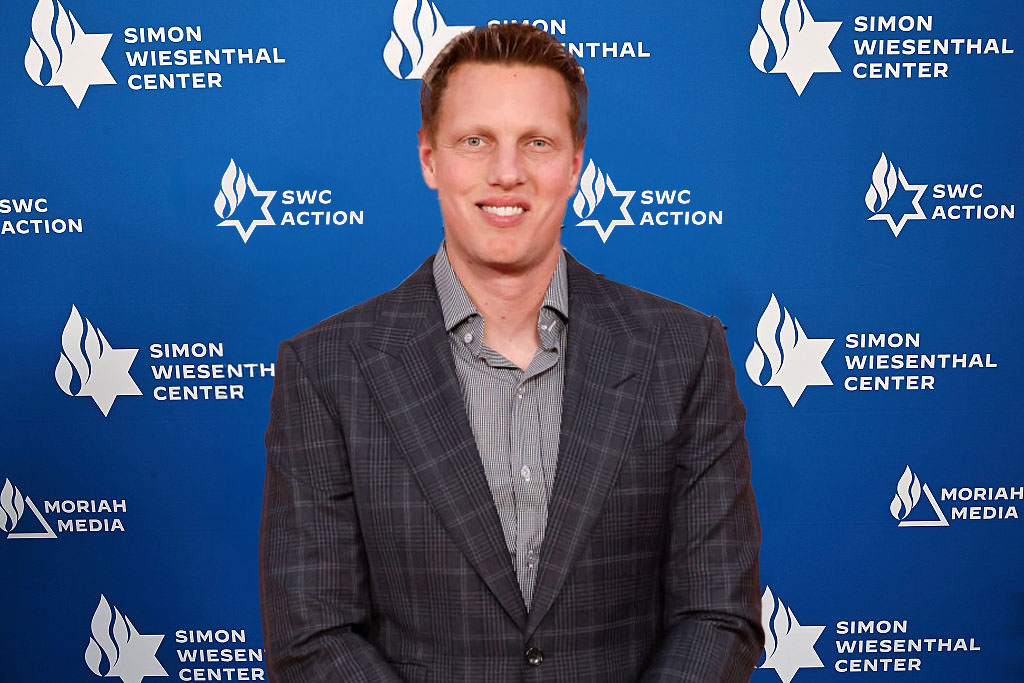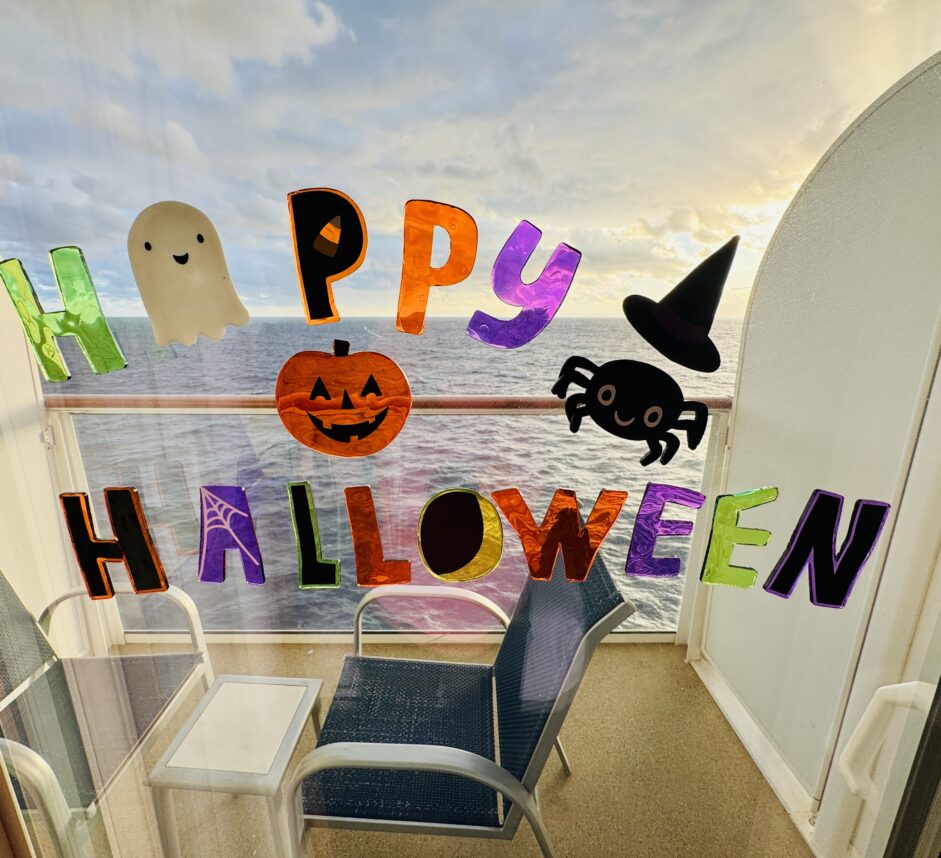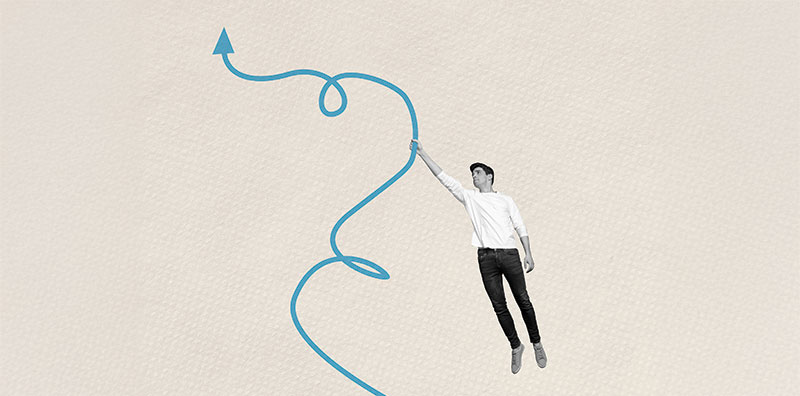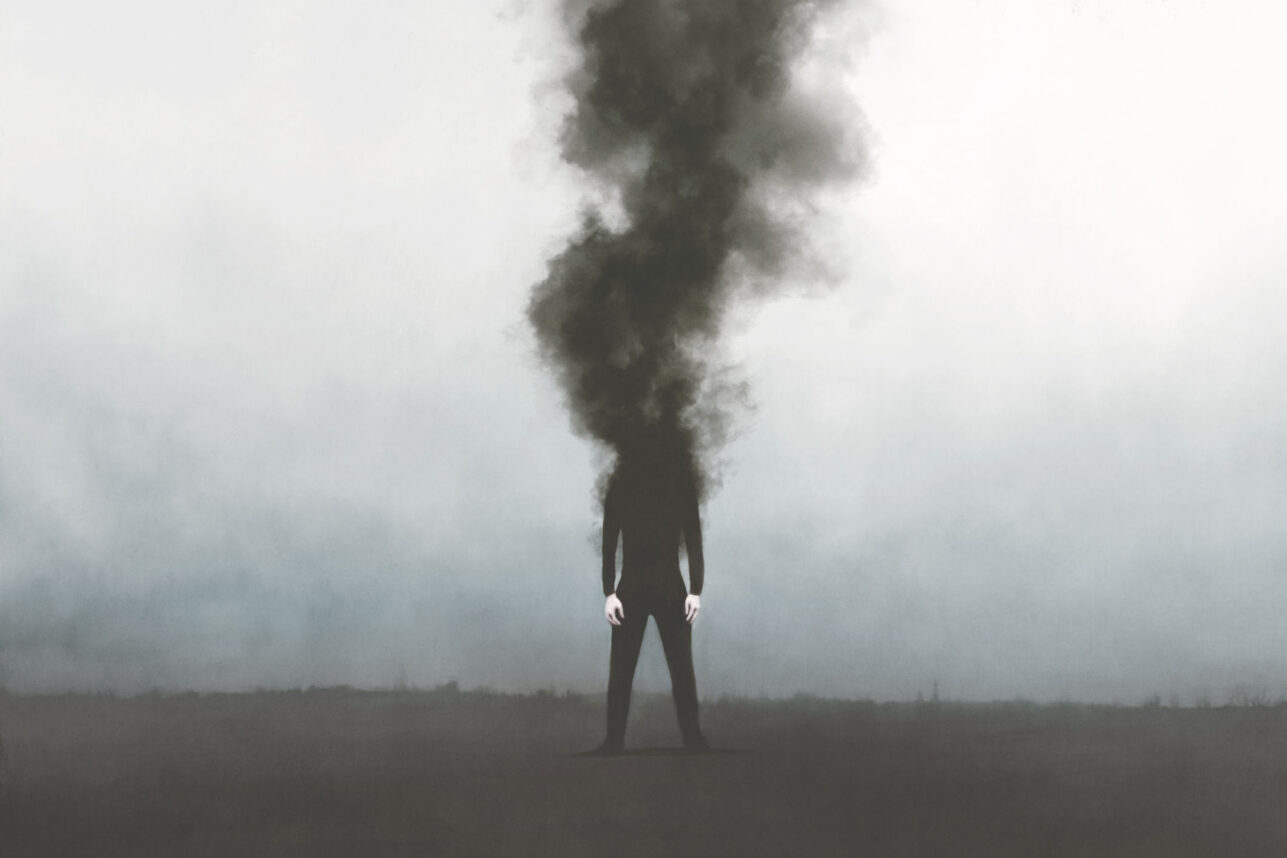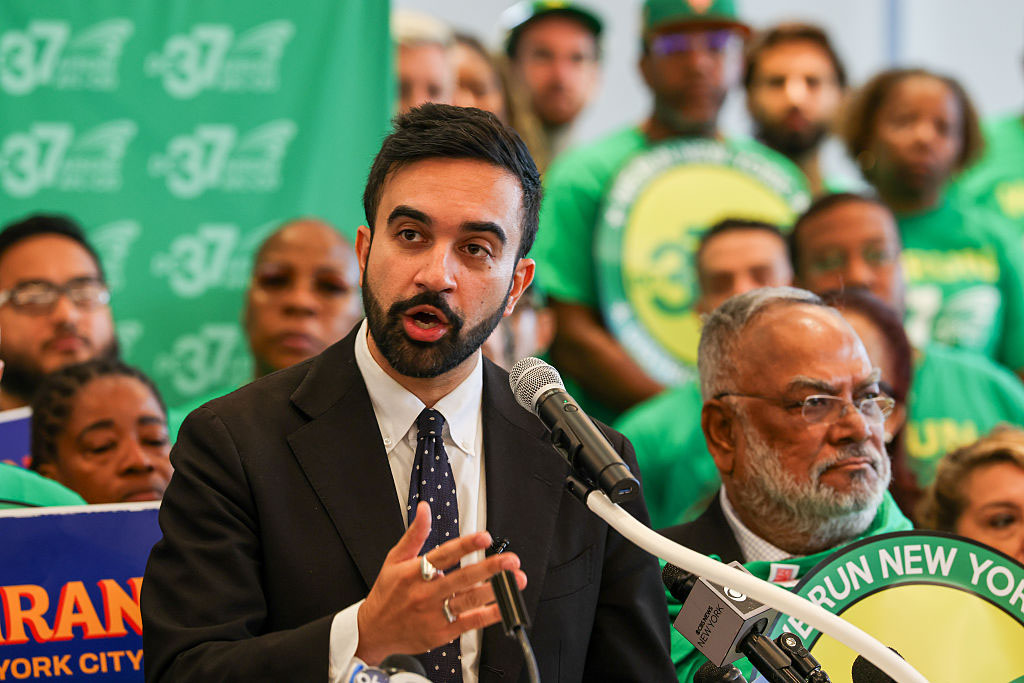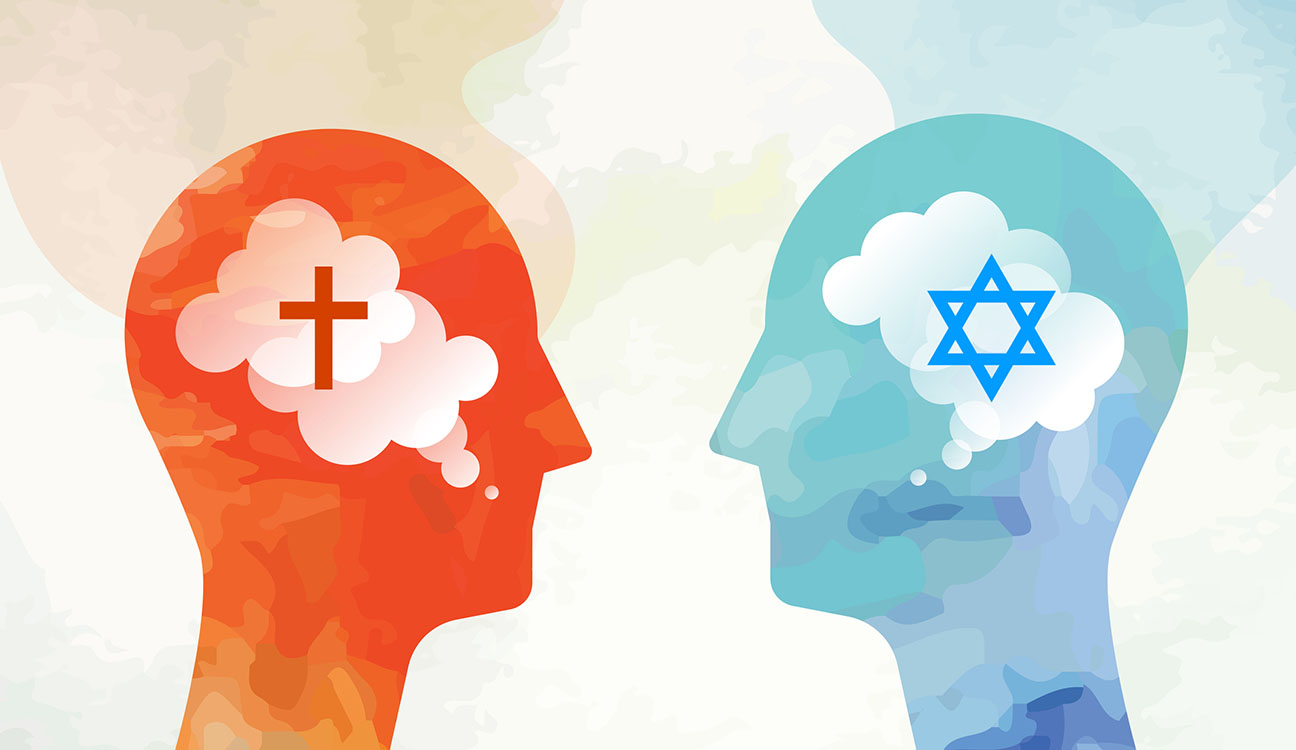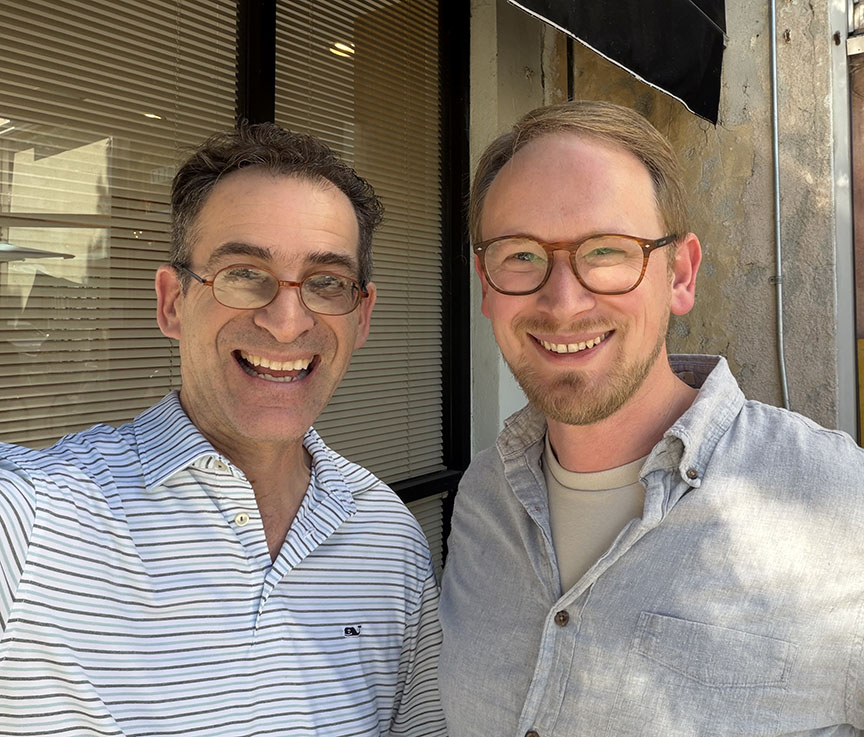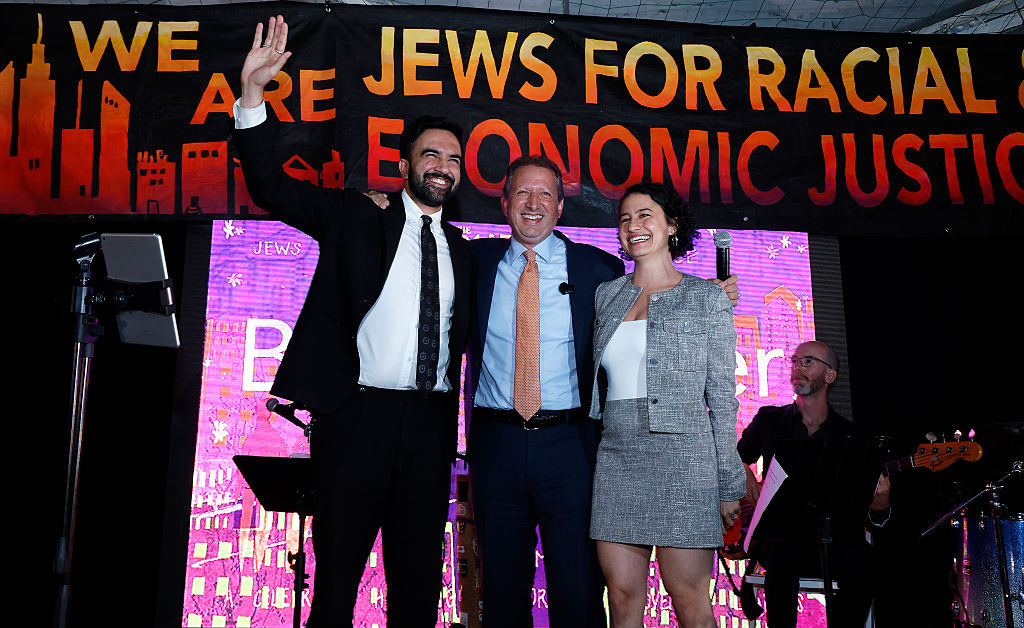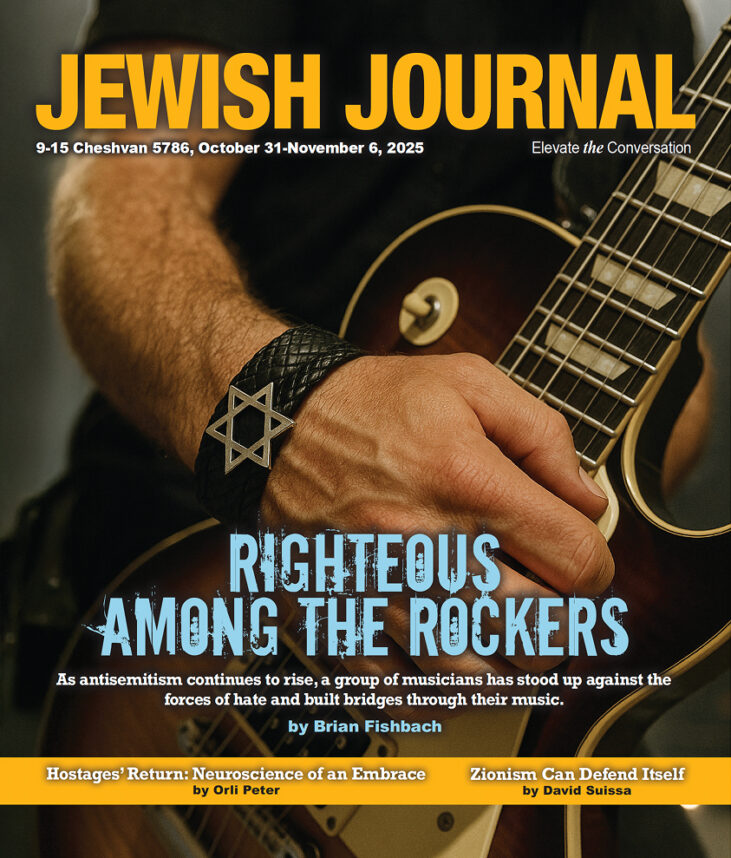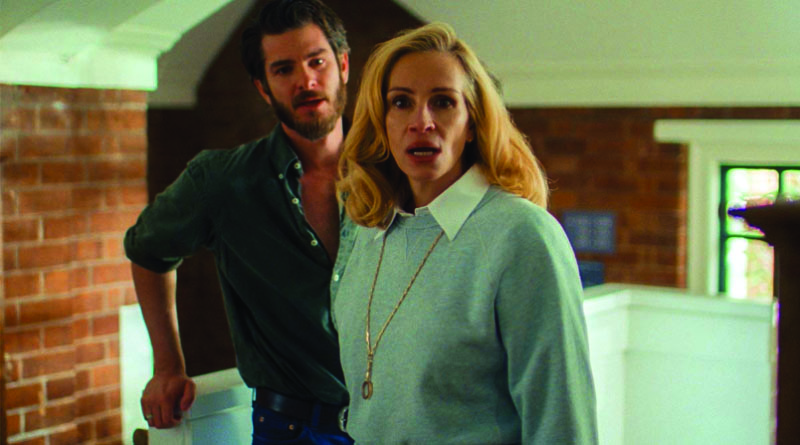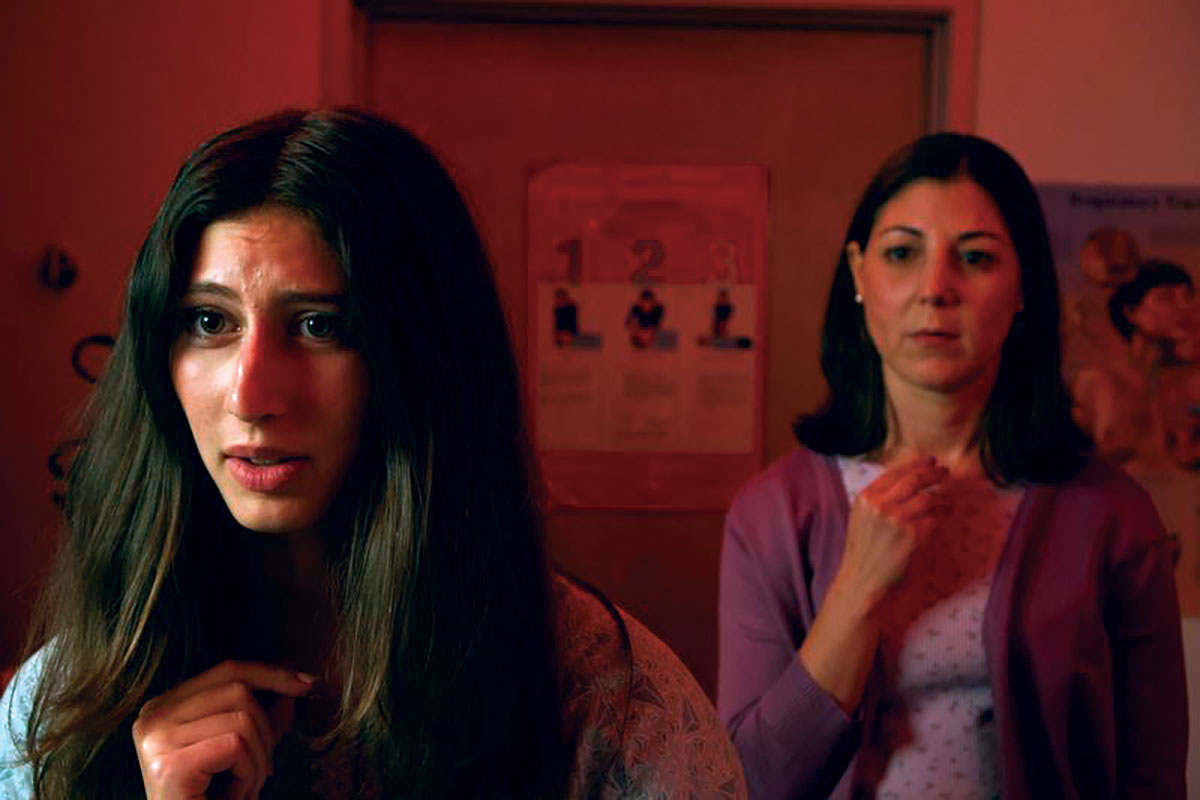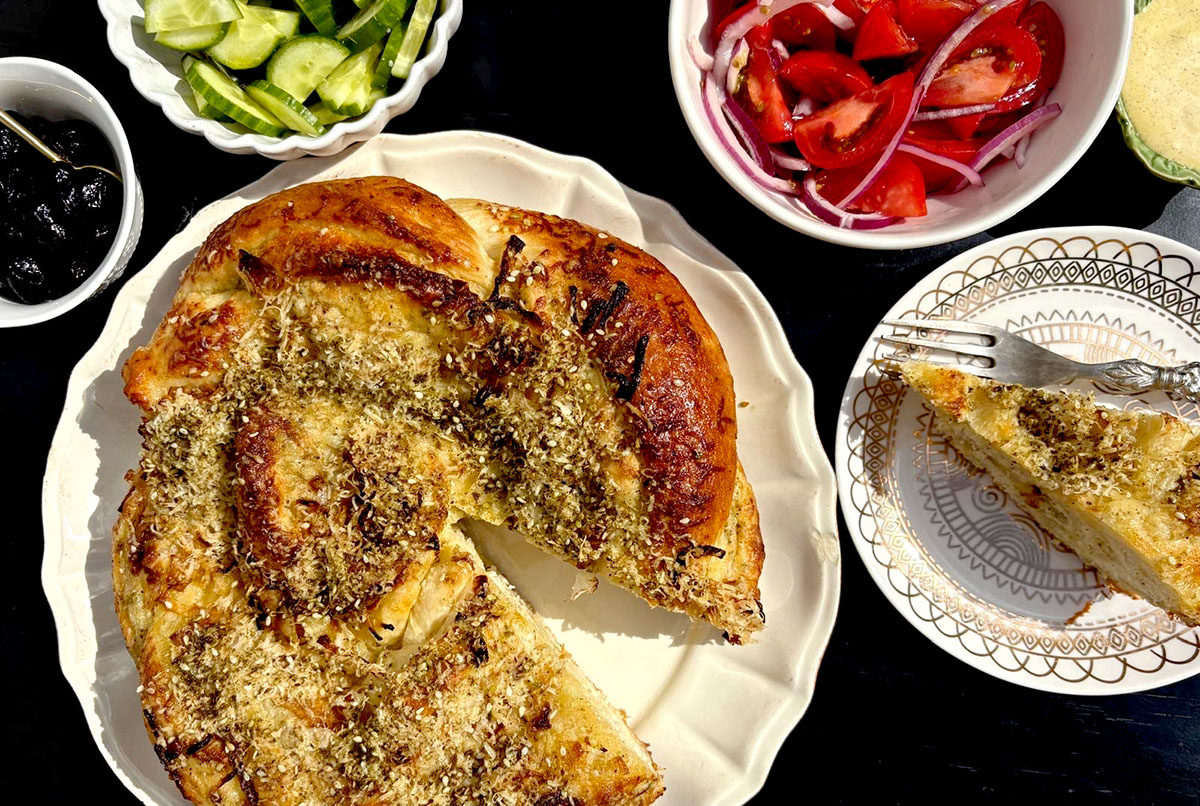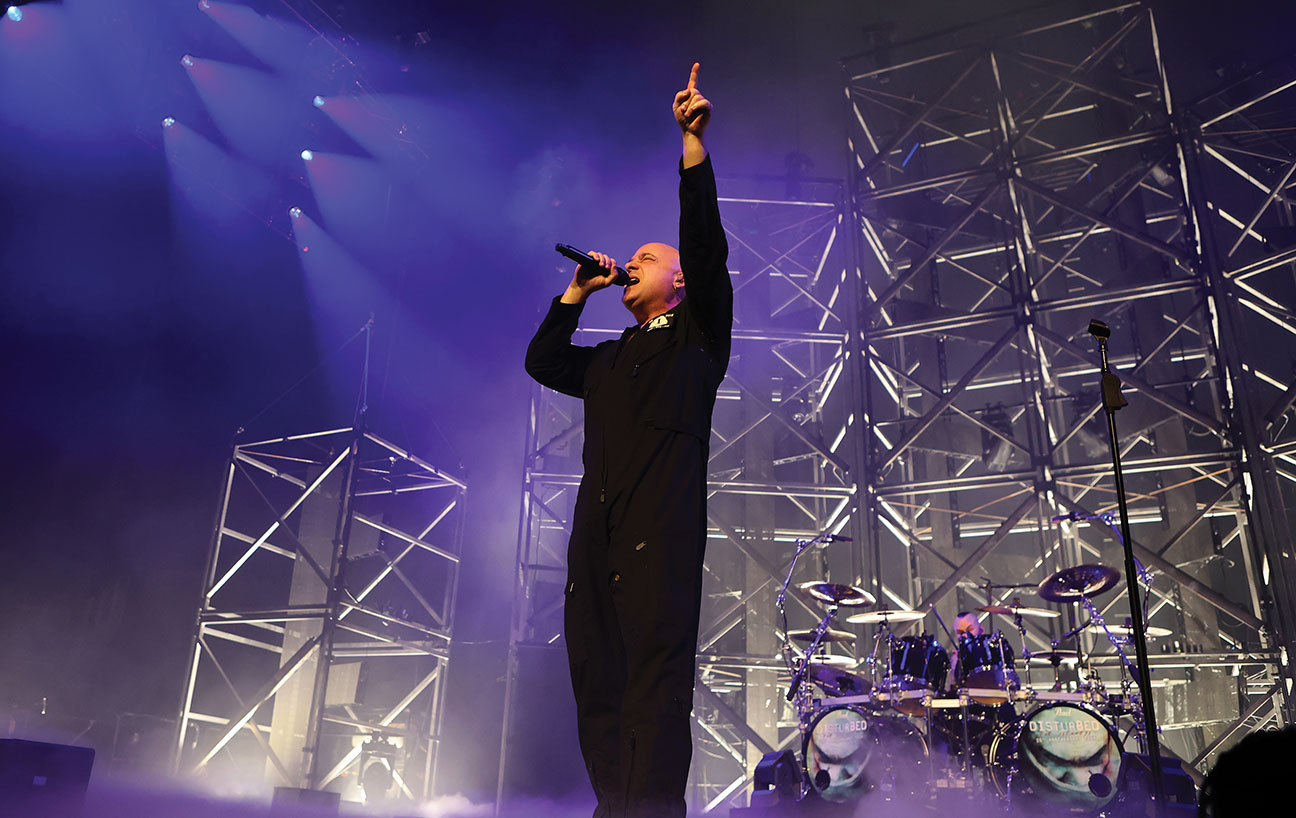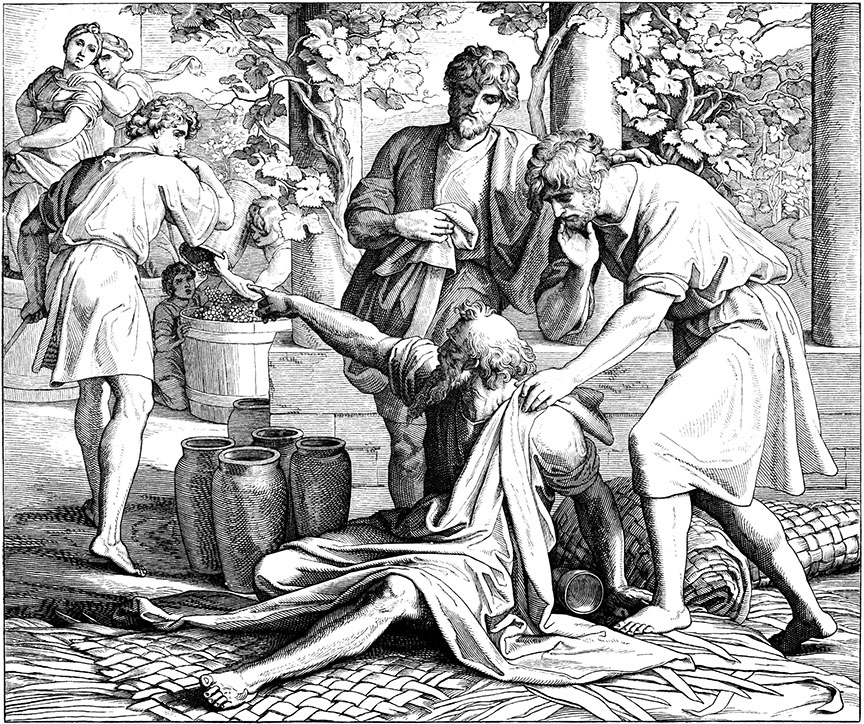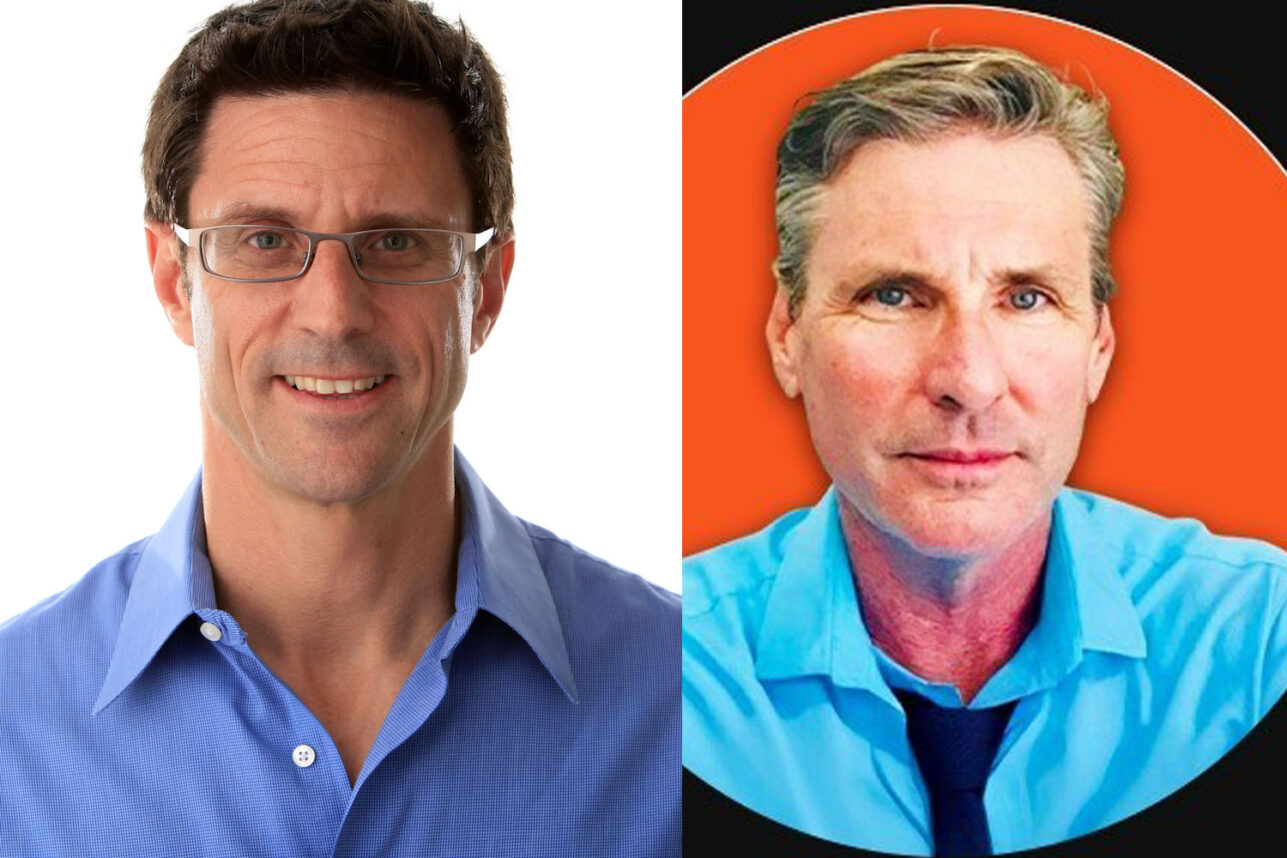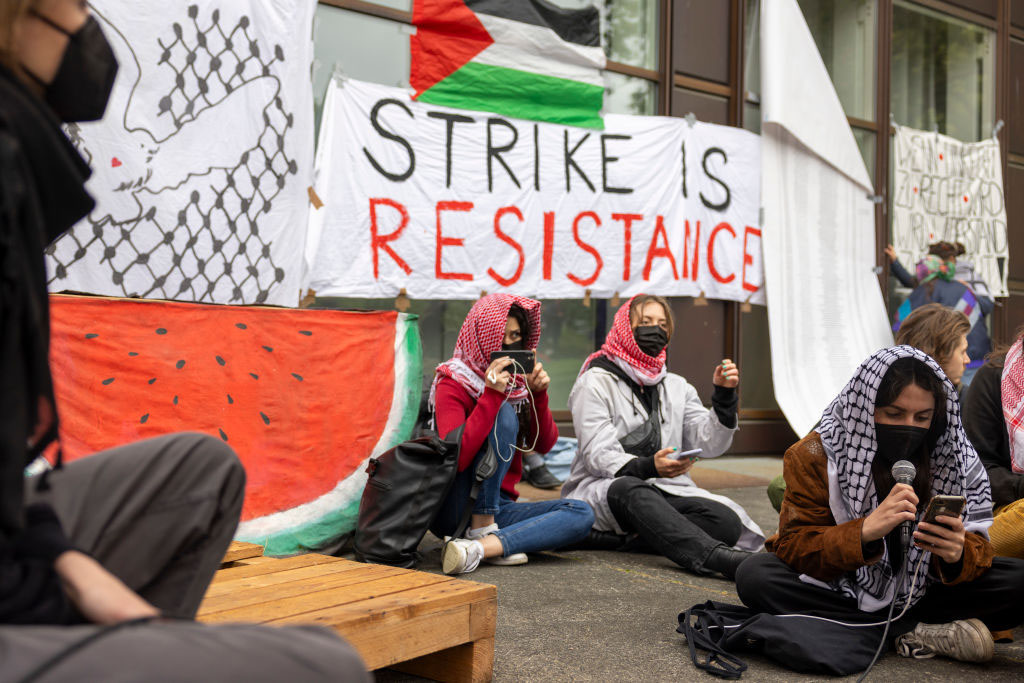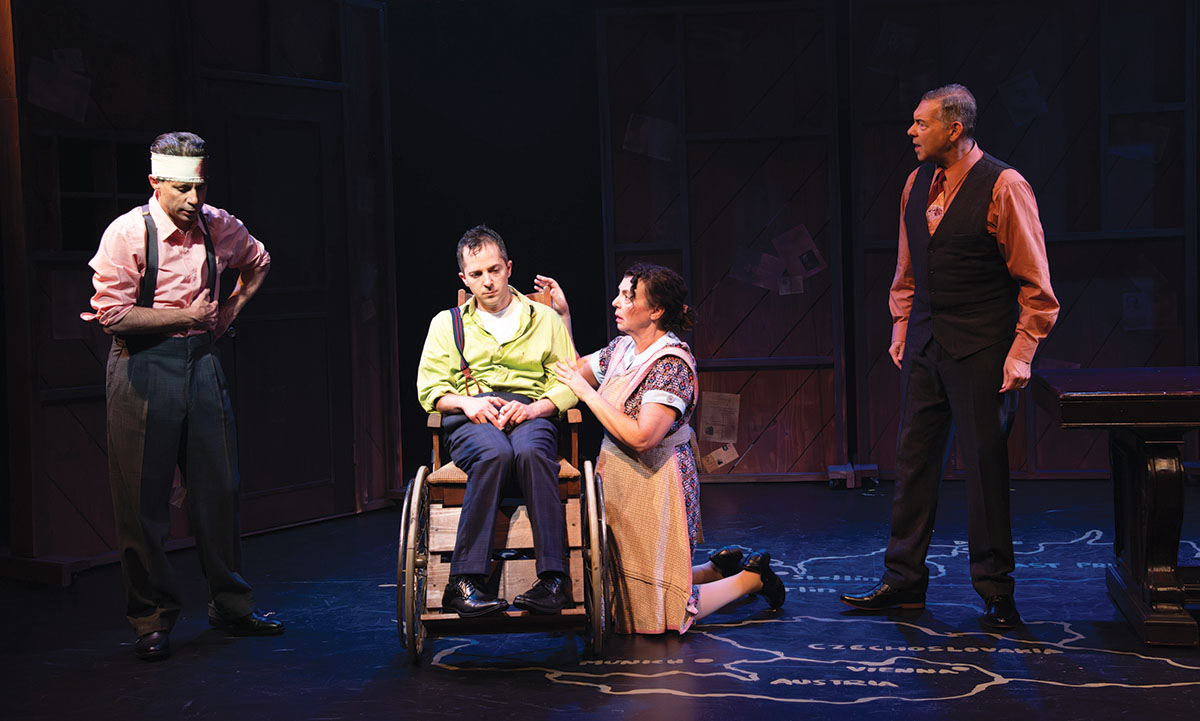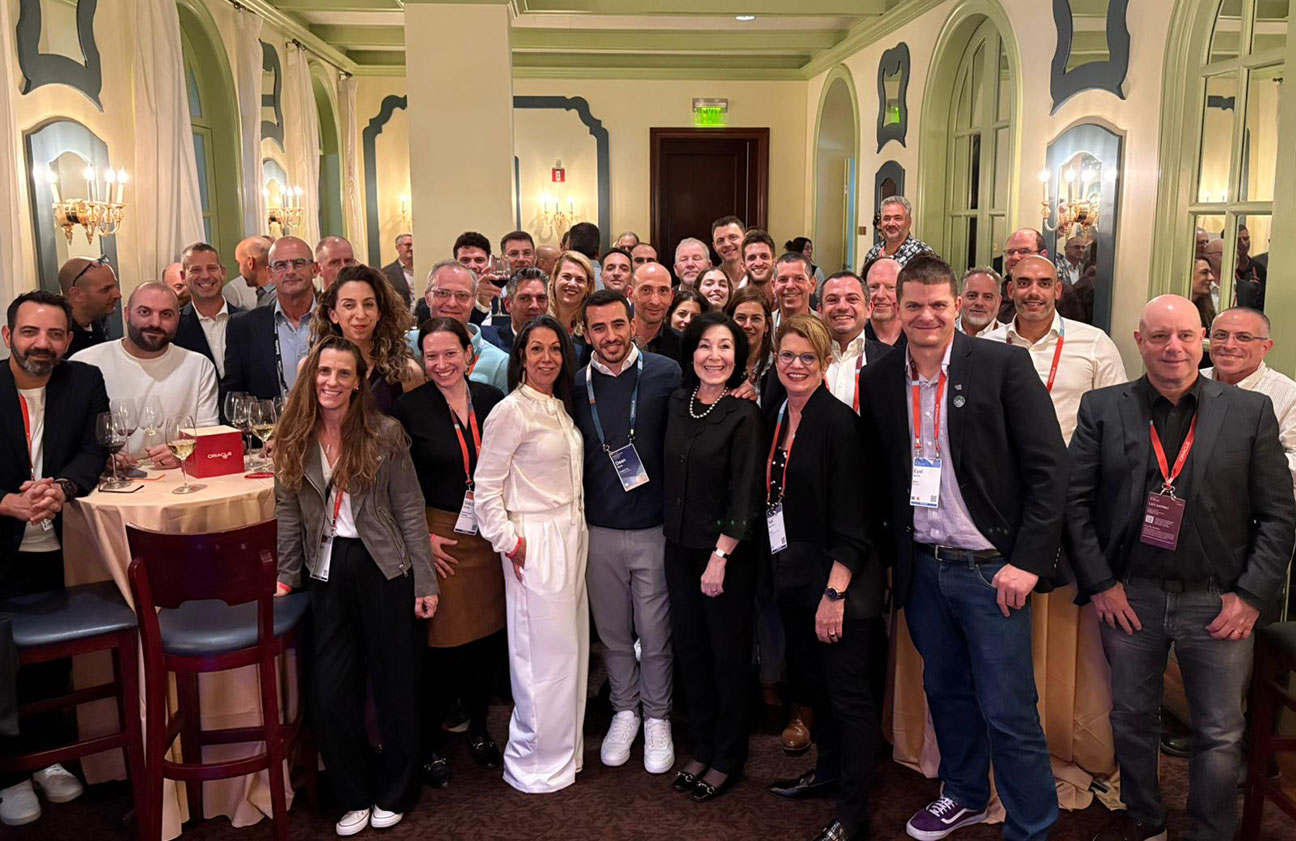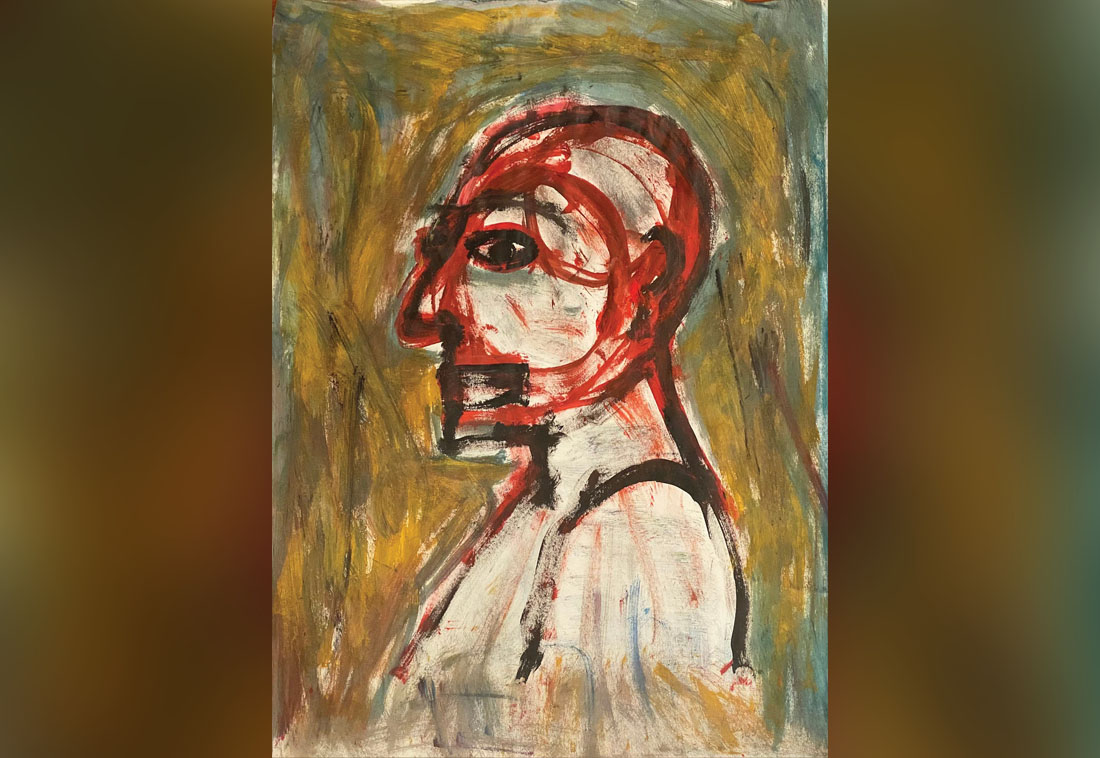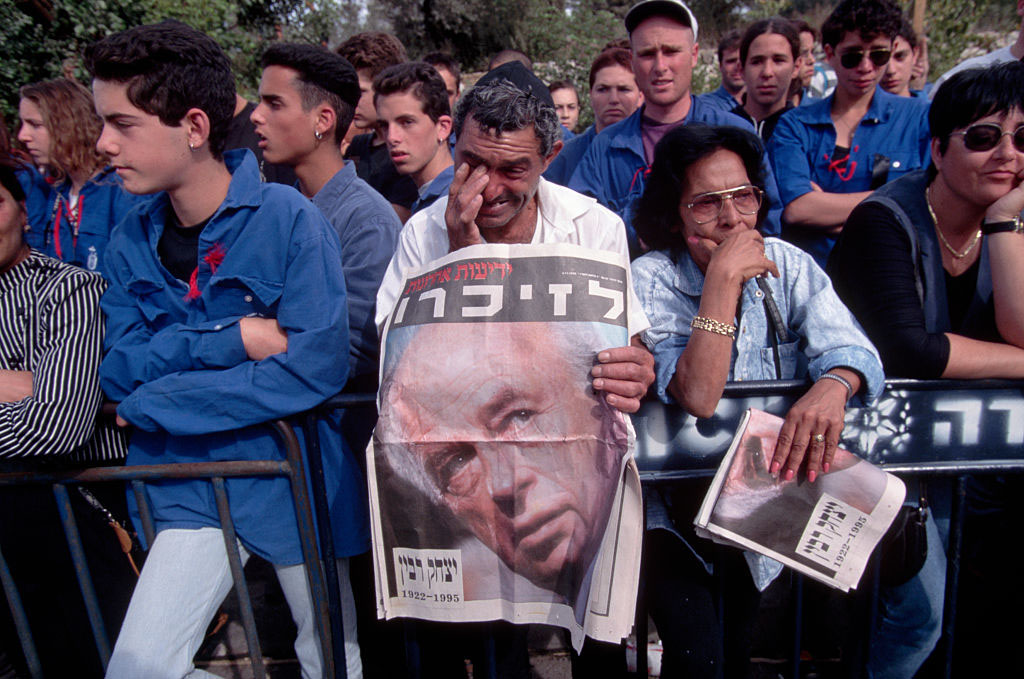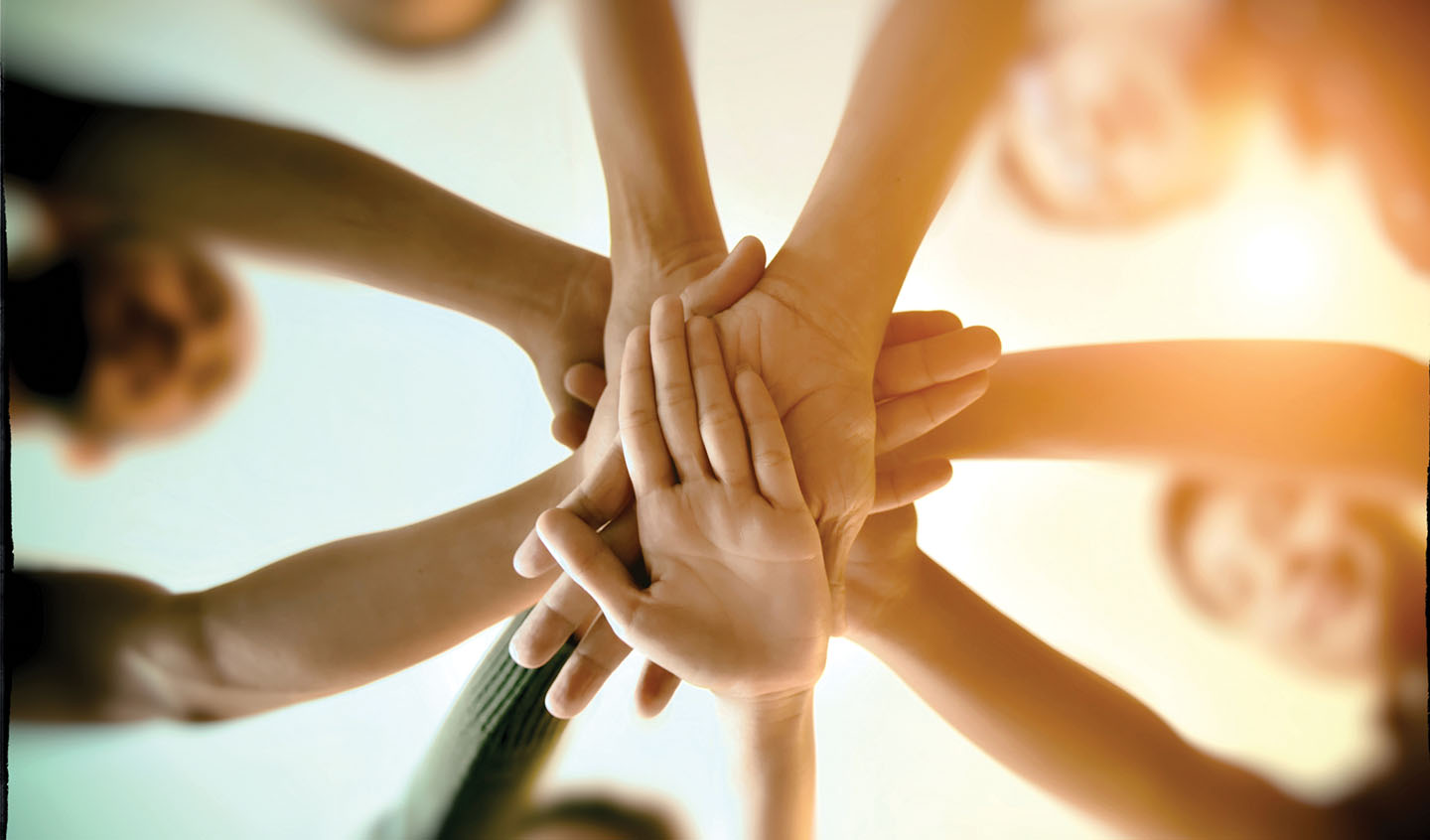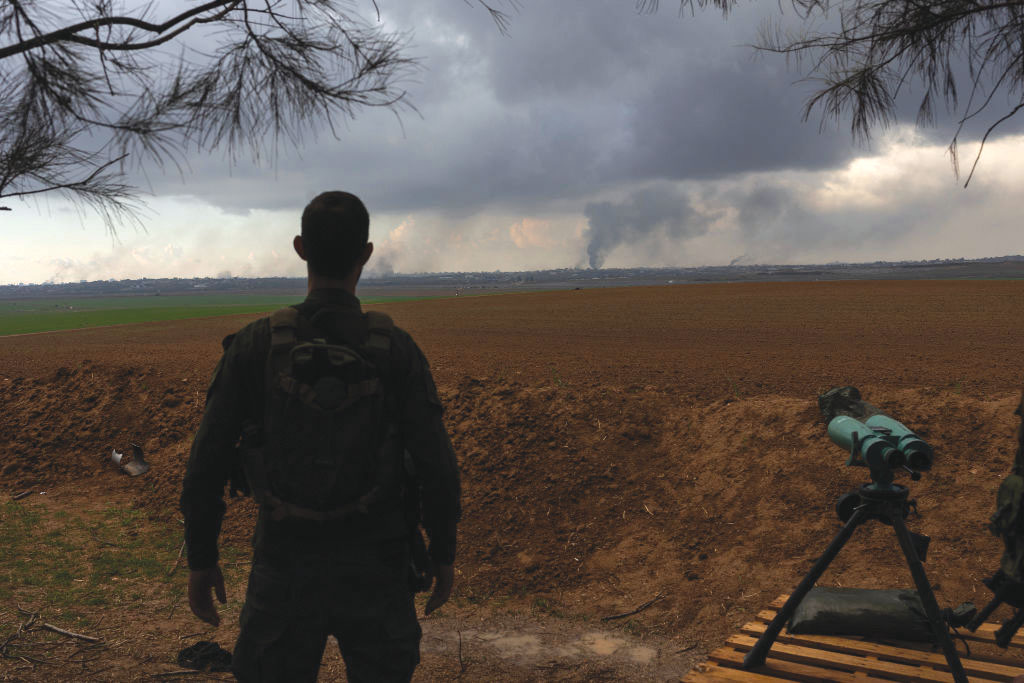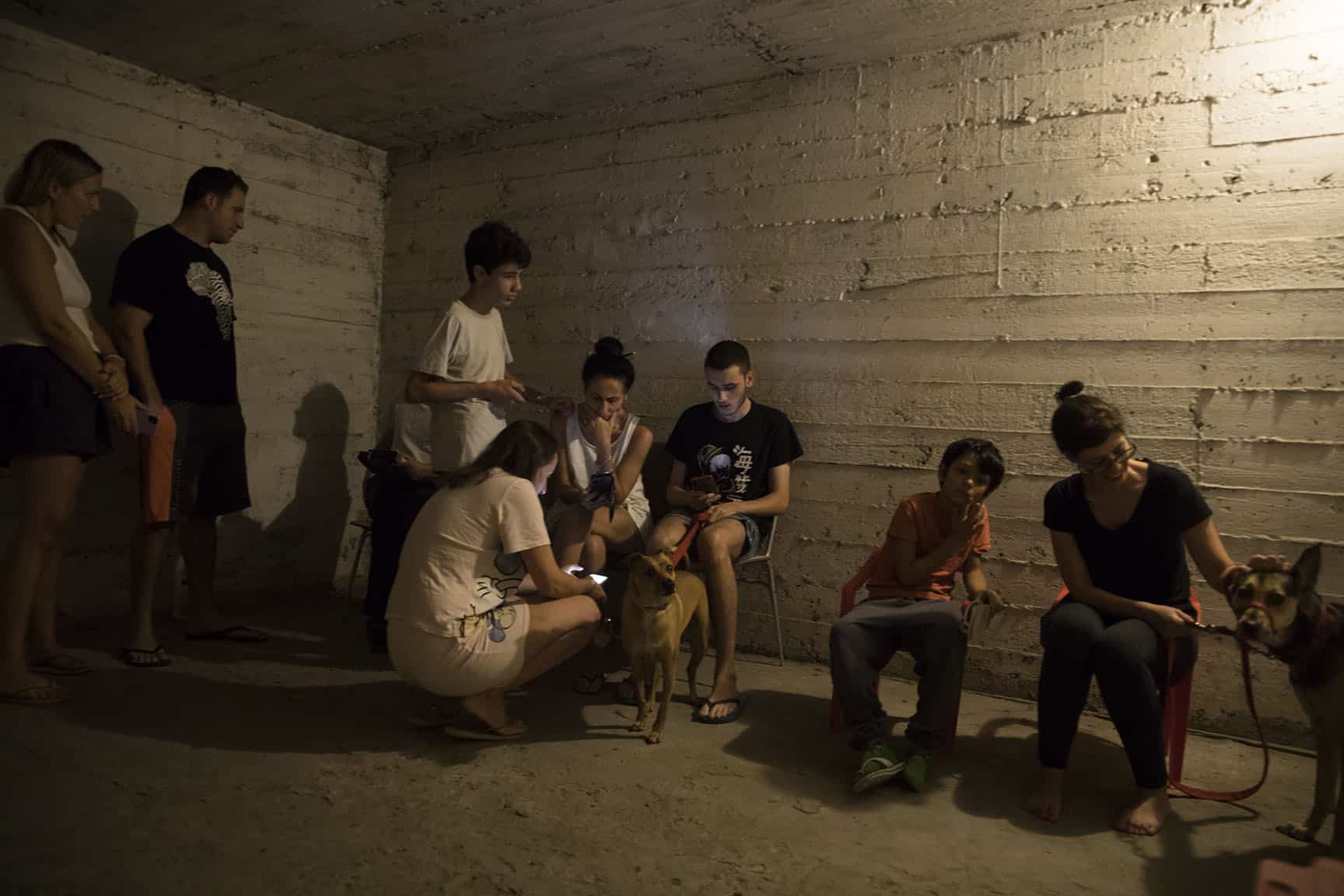
Morning
My roommate and I are watching our friend’s dog, Finn. He often barks when construction, stereos and police sirens intrude from the outside, but in the young/gay/working class/refugee Tel Aviv neighborhood of Florentin, we’re used to noise. I didn’t pay much attention when he warned us in our sleep this morning, as there has yet to be a dull moment in the Jewish state’s bohemian borough anyway.
And then something exploded—seemingly directly over our apartment, quite literally shaking the walls, and my roommate ran into my room to tell me we were under attack. And then reality simply changed. We spent the first hours of Simchas Torah crouched on the stairs of our apartment building with neighbors in their pajamas, smoking cigarettes with shaking hands, calling their panicked mothers.
Photos and videos of mangled corpses piled on the sidewalk, countrymen bound and gagged, screaming children, confused elderly, and open barbed wire, flood our phones. Save those called to reserve duty, ripped from their quiet and brought in charter buses to the gates of hell, none of us would look up for the rest of the day.
Afternoon
Quiet. I’m packed into the living room with five close friends. The magnitude of what has happened draws our American families and friends from their sleep into immediate worry. The death toll climbs, we break into tears often, we wait for our government to say something, anything, of value, to no avail. It seems their lack of competency extends to both war and peace time.
The themes of Guy Nattiv’s latest project—“Golda” with Helen Mirren—make themselves evident repeatedly as news continues to break. The symbolism, the Shakespearean dramatism, is too obvious to ignore.
We receive word that one convenience shop on a corner is still open. We race to hoard pita and bottles of water (and a few of wine.) There is immense despair. You can feel it at the checkout aisle.
Evening
The religious awake form their ritual day of rest and begin contributing to the chorus of shock. Comparisons to 9/11 begin, along with characterizations that this is Israel’s “darkest day”—which, for the Jewish state, is saying quite a lot.
After a period of relative ease, the sirens start again. Instead of the staircase, this time we and the residents of our building huddle into the mamad—or bomb shelter. Neighbors hold their whimpering dogs around the neck as the explosions rattle every structure and every person in it to their core. There are two English-speaking tourists sitting in the corner. They look relieved to have found where they are supposed to go, but incredulous that it all happened to them. There is a strange sense of community in the bomb shelter; a friend I’m sitting next to aptly calls it “trauma bonding.” And then we get the news. A rocket has hit Florentin, straight into another friend’s home.
My oasis. My “East Village of Tel Aviv.” The hipster coffee shops and rainbow flags outside bookshops that I have called my home for the last year have been desecrated. A world that I can only describe as full of life has been taunted with the threat of death. I realize instinctively that Defense Minister Yoav Gallant, who has been a rare voice of reason among the irresponsible radicals who comprise the current coalition in parliament, did say one undeniable truism in his address to the nation: “What was is not what will be.” The question now is whether what was will be forgotten.
“My home, and my only safe place in this terrifying world, gone within the blink of an eye” writes my friend on social media, under a video of rubble, ash, and smoke pooling from his Tel Aviv apartment complex.
It is here when Jewish history makes itself known. A few short weeks ago was my “Aliyah anniversary,” marking one year since I moved across the world from what proved to be my undeniably secure New York dwelling to the Middle East. I had written online to mark the occasion that “Jewish history isn’t only something you can study; it is happening now, all around you, in you, and the people you meet. We are not separated from our grandparents’ stories, we are merely the next chapter.”
“We are not separated from our grandparents’ stories, we are merely the next chapter.”
I don’t think I understood the weight of those words when I wrote them. The Jewish people are defined not only by their triumph but also by their tragedy, and when tragedy does hit, it knocks the wind out of you. It leaves you immobile on a sofa, refreshing and refreshing, calling and texting, unsure of what the next minute let alone hour will bring. The year 1940, the paranoia of my grandparents, feels like a blip ago. The Nazis that I had grown up so intrinsically fearing had burst forth from my nightmares, and they were only a short drive away with traffic.
And because I already mentioned Shakespeare, I’ll add a quote from the bard that has been running through my head from the second the first image of a woman’s lifeless body on the back of a truck flickered across my phone’s screen:
“Hath not a Jew eyes? Hath not a Jew hands, organs, dimensions, senses, affections, passions; fed with the same food, hurt with the same weapons, subject to the same diseases, healed by the same means, warmed and cooled by the same winter and summer as a Christian is? If you prick us do we not bleed? If you tickle us do we not laugh? If you poison us do we not die? And if you wrong us shall we not revenge?”
May the soldiers defending our homeland now be blessed with courage and strength. May we see peace and prosperity in our time. And may those responsible pay an immeasurable price.
Blake Flayton is the New Media Director and Columnist for the Jewish Journal.

